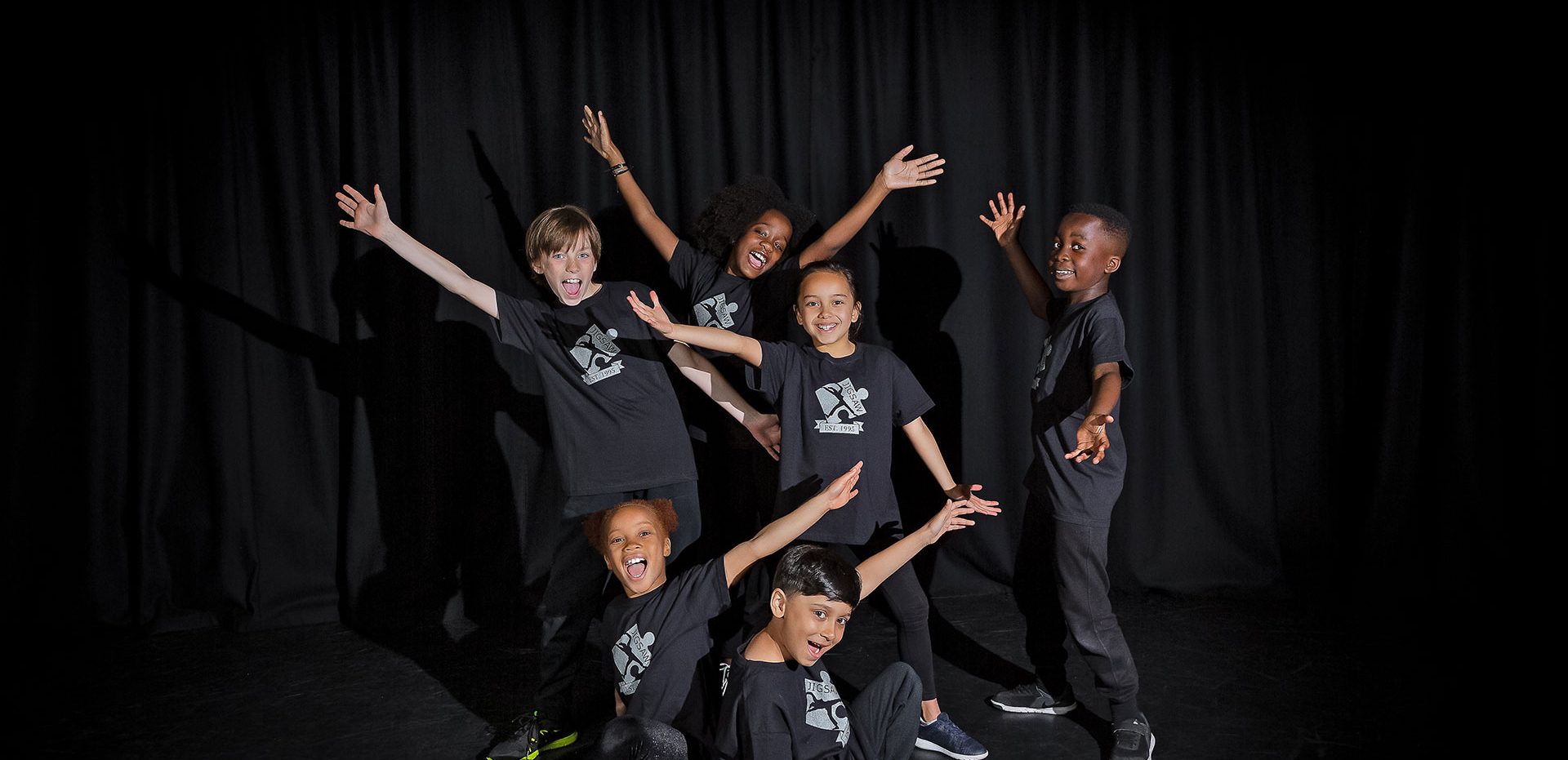Top 10 Audition Tips
- Published Date: November 19, 2014

As we’re approaching the deadline for children to renew their Spotlight membership for our Jigsaw Arts agency we thought it would be a good time to discuss our top 10 Audition tips for the performing arts. This isn’t just of course for children that are going for professional auditions. The same tips apply whether you’re auditioning for your school play, a part in a Jigsaw show or for audition technique exercises. At our Winchmore Hill Jigsaw, we recently held an “Audition Week” experience where in small groups the children performed a dance and a song that they had been taught in class as well as a drama piece which they performed individually.
For some children this was their first time performing in front of an audience by themselves and most were quite nervous about the prospect, no matter how experienced. After all, it’s sometimes much harder performing in front of people that you know well rather than complete strangers. Thus, a panel of your Jigsaw teachers and all your peers sat at one side eagerly watching you whilst waiting for their turn can be quite nerve wracking. The panel then gave the students feedback (positive, constructive criticism of course!) to help them build on their skills for next time.
Audition tips
It is important to remember that the tips below may seem quite obvious and easy to put into practice when you’re rehearsing in your bedroom with no one watching, but try remembering all of the following when the adrenaline of being at an audition kicks in. You’re lucky if you can stand still to say your name and age without getting all flustered!
1. Arrive Early
When going to an audition the last thing you want to be nervous about is being late or not being able to find the correct building. If you arrive early it gives you a chance to sit down, absorb your surroundings and most of all to breathe before entering the room. Being calm before an audition will help you to think clearly and focus on what you need to do.
2. Dress appropriately for the role
Always think about the role you’re auditioning for and dress as similarly as possible to help the casting director imagine you as the part. If you’re auditioning for a tomboy then it would make sense to wear sporty clothes rather than a pink pretty dress. If you feel as though you are the part then you will be much more comfortable and natural acting the role as well. It’s an easy way to give yourself the best possible chance by showing that you’ve really thought about the character.
3. Look like your headshot
If you’re with an agency or you’re on Spotlight then it is crucial that you look like your headshot. Especially with children, as a different hair cut can make a big difference and children’s appearances can change quite quickly as they’re growing up. Remember, if a casting director has requested you to attend an audition then they’re expecting you to look just like your photo, so keep them up to date.
4. Learn your lines
If you have been sent a script for an audition or a monologue to look at then do your best to learn the lines off by heart. Not only will it show that you have used your initiative but you will feel more confident when you’re in the audition room and will be able to concentrate on the acting itself.
5. Don’t over learn your lines
This one is tricky and these two audition tips sound like a huge contradiction! But remember that casting directors need to see that you can take ‘direction’ as, after all, if you get the job that is exactly what you’ll be doing. Sometimes if you learn your lines a particular way they’re so ingrained in your head that you will find it difficult to change the way you say them if asked to do so. Always learn your lines but make sure you practice delivering them in different ways so you don’t get stuck in the audition!
6. Slow down
One main sign of nervousness is speeding through your lines. Remember with the adrenaline flowing that you should take your time, think about what you’re saying and take a couple of deep breaths before going for it. In real life, people are usually quite relaxed when they speak and the aim as an actor is to always speak your lines like your character is a real person having a real conversation.
7. If you make a mistake just carry on
Even the best actors in the world occasionally make mistakes on stage. The joys of being human! However, it’s the good actors that are able to carry on and cover up their mistakes so that the audience don’t even realise. Directors will be looking for poise and control so if something does go wrong, just take a deep breath and pick up from where you were to push on through!
8. Remember the panel are your friends
It’s easy to forget when auditioning that the panel want you to get the role as much as you want to get it. Their purpose is to find the right person for the part and nothing will overjoy them more than someone entering the room and delivering a brilliant audition which secures them the role. That is, after all, the job of a casting director. Even if it’s for your teachers – I guarantee they will be sitting there crossing their fingers that you will do your very best, especially if it’s material that they have taught you!
9. Make it fun!
If you’re having fun and enjoying the experience of auditioning then it’s likely that this will rub off on the panel and they will enjoy watching you. This is exactly the response you’re hoping for!
10. Let it go!
Once you have left the audition room the outcome is completely out of your hands. Don’t dwell on what you could have or didn’t do because you can’t change it now. Have a quick think about what you might like to do differently for next time, then just let it go because that skill is useful in developing yourself as an actor and acquiring a thick skin. It sometimes helps to think of auditions like a lottery ticket – amazing if you win, but if not then you’ll just try again next time!
Jigsaw Performing Arts is dedicated to developing performance skills, promoting self-expression and building confidence. We offer performing arts classes for children aged between 3 – 18. Find your nearest school by entering your postcode into the search on our home page.

